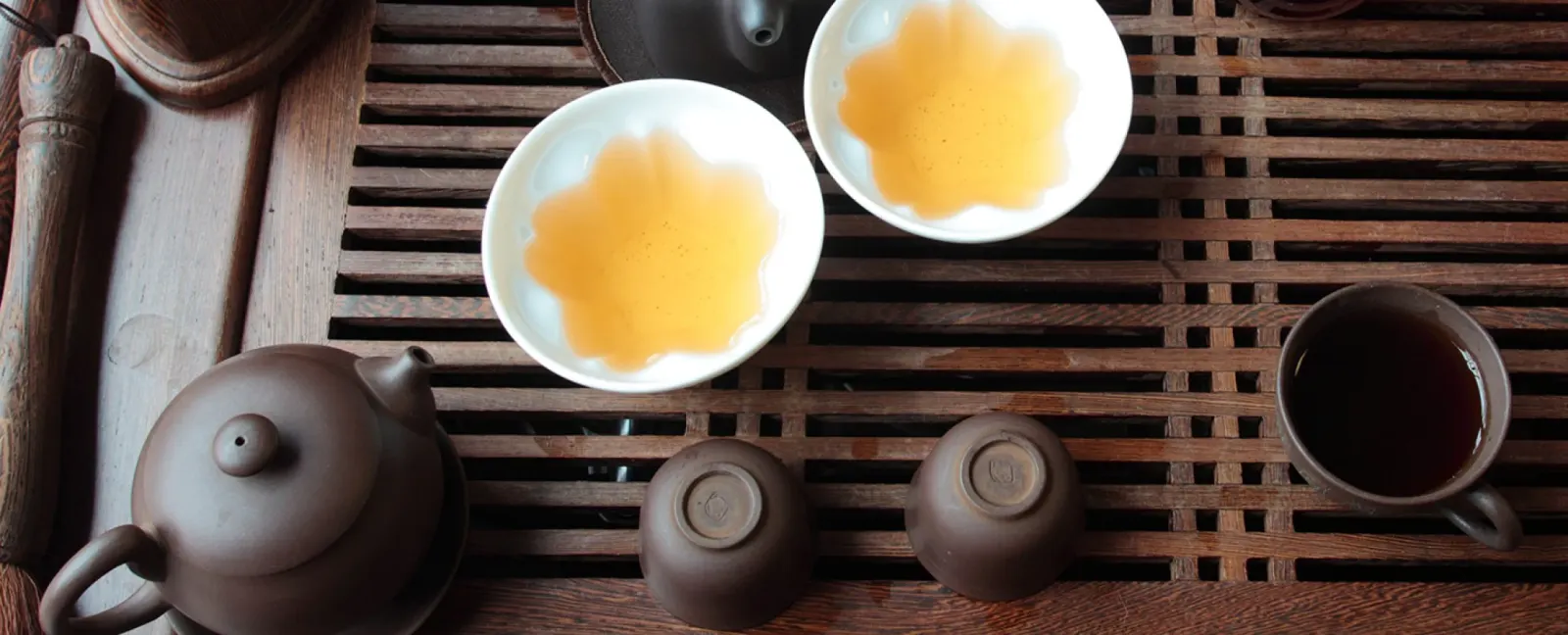Chinese tea has a rich cultural history and is often associated with various health benefits. When it comes to fertility, there is limited scientific evidence specifically linking Chinese tea to increased fertility. However, exploring the potential effects of Chinese tea on fertility requires an examination of the cultural context, historical uses, and the scientific research available on the topic.
Cultural and Historical Context:
Tea has been an integral part of Chinese culture for centuries. Traditional Chinese medicine (TCM), which incorporates herbal remedies and natural approaches to health, often includes tea as a component. Tea is viewed not only as a beverage but also as a medicinal herb with potential health benefits.
In the context of fertility, certain herbs and plants used in Chinese tea blends have been historically associated with promoting reproductive health.
Common Chinese Teas and Their Components:
Several types of Chinese tea are renowned for their unique flavors and potential health benefits. Green tea, black tea, oolong tea, and herbal teas are among the most popular varieties. Each type has its own set of bioactive compounds that may contribute to health.
a. Green Tea: Rich in antioxidants such as catechins, green tea has been studied for its potential health benefits. Some studies suggest that green tea may have positive effects on metabolic health and could potentially influence reproductive health indirectly.
b. Black Tea: While black tea is generally associated with a different set of compounds compared to green tea, it also contains antioxidants. Some research has explored the cardiovascular benefits of black tea, which could indirectly impact reproductive health.
c. Oolong Tea: Falling between green and black tea in terms of oxidation, oolong tea has a distinct flavor profile. Like green and black tea, oolong tea contains antioxidants and may have health-promoting properties.
d. Herbal Teas: Traditional Chinese herbal teas may contain a variety of ingredients, such as ginseng, goji berries, and chrysanthemum. These herbs are sometimes used in TCM to address reproductive health concerns.
Scientific Research on Chinese Tea and Fertility:
While Chinese tea, particularly green tea, has been studied for its potential health benefits, the evidence linking tea consumption to fertility is not conclusive.
a. Antioxidants and Reproductive Health: Antioxidants found in tea, such as polyphenols, have been studied for their potential to reduce oxidative stress in the body. Oxidative stress has been implicated in various reproductive health issues. Some studies suggest that antioxidants may play a role in supporting overall reproductive health, but more research is needed.
b. Caffeine Content: Tea contains caffeine, which is a stimulant that can affect the central nervous system. High caffeine intake has been associated with adverse effects on fertility in some studies. However, the caffeine content in tea is generally lower than in coffee, and moderate tea consumption may not have the same impact.
c. Limited Direct Research: There is a lack of direct research specifically examining the relationship between Chinese tea consumption and fertility. Most studies on tea and reproductive health are broader and may not differentiate between types of tea or consider the cultural and regional variations in tea consumption.
Traditional Chinese Medicine Perspectives:
In TCM, the concept of balance and harmony is fundamental to health. Herbal remedies, including those found in teas, are often prescribed based on an individual’s constitution and imbalances. Certain herbs used in Chinese tea blends, such as ginseng, are traditionally believed to have tonifying effects on the body, potentially benefiting reproductive health. However, TCM is a holistic system that considers various factors, and the effects of herbal remedies can vary among individuals.
Considerations and Recommendations:
When exploring the potential role of Chinese tea in fertility, it’s essential to consider individual health, lifestyle factors, and any existing medical conditions. While moderate tea consumption is generally considered safe for most people, excessive intake of caffeine or certain herbal components may have unintended effects.
a. Moderation is Key: Moderate tea consumption, which is typically defined as 3-4 cups per day, is generally considered safe for most individuals. Excessive consumption of caffeine, however, may have negative implications for fertility.
b. Individual Variability: People vary in their response to different substances, including those found in tea. Factors such as age, overall health, and pre-existing conditions can influence how the body responds to tea consumption.
c. Consultation with Healthcare Providers: Individuals experiencing fertility issues or those trying to conceive should consult with healthcare providers. Specialists can provide personalized advice based on an individual’s health history, lifestyle, and specific fertility concerns.
d. Lifestyle Factors: Fertility is influenced by a combination of factors, including diet, exercise, stress levels, and overall health. While tea consumption may play a role, addressing broader lifestyle factors is crucial for optimizing reproductive health.
Conclusion:
In conclusion, the relationship between Chinese tea and fertility is complex and multifaceted. While Chinese tea, particularly green tea, has been associated with various health benefits, the direct link between tea consumption and fertility is not well-established in scientific literature. Traditional Chinese medicine incorporates tea as part of a holistic approach to health, considering individual constitution and balance.
It’s essential for individuals to approach the topic with an awareness of cultural practices, scientific research, and individual health considerations. Moderation in tea consumption, a balanced diet, regular exercise, and consultation with healthcare providers are crucial components of overall reproductive health.
As research in this field continues, a more nuanced understanding of the potential effects of Chinese tea on fertility may emerge, providing additional insights into its role in promoting reproductive well-being.
